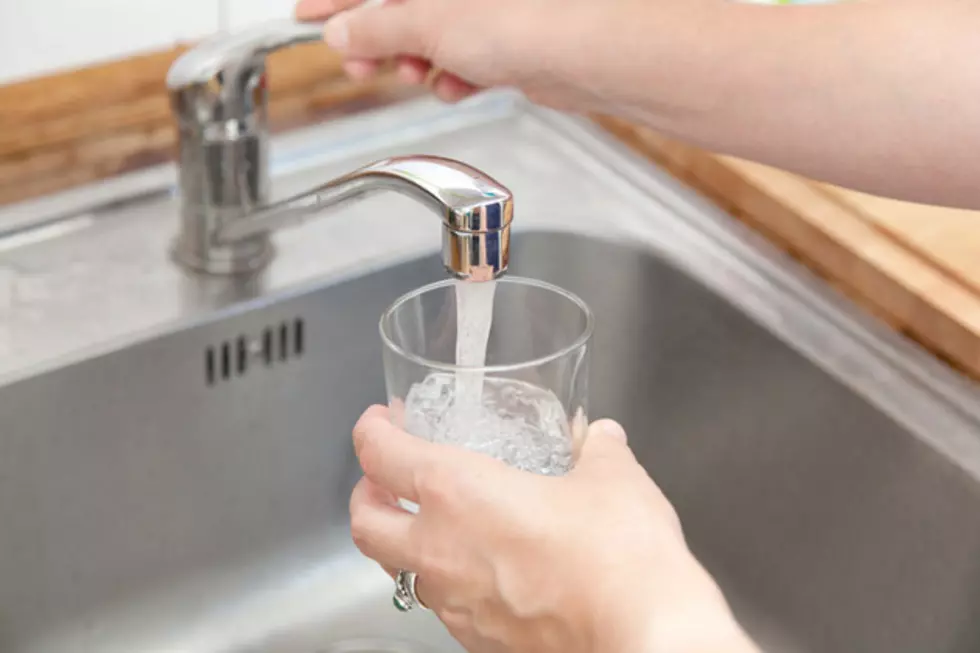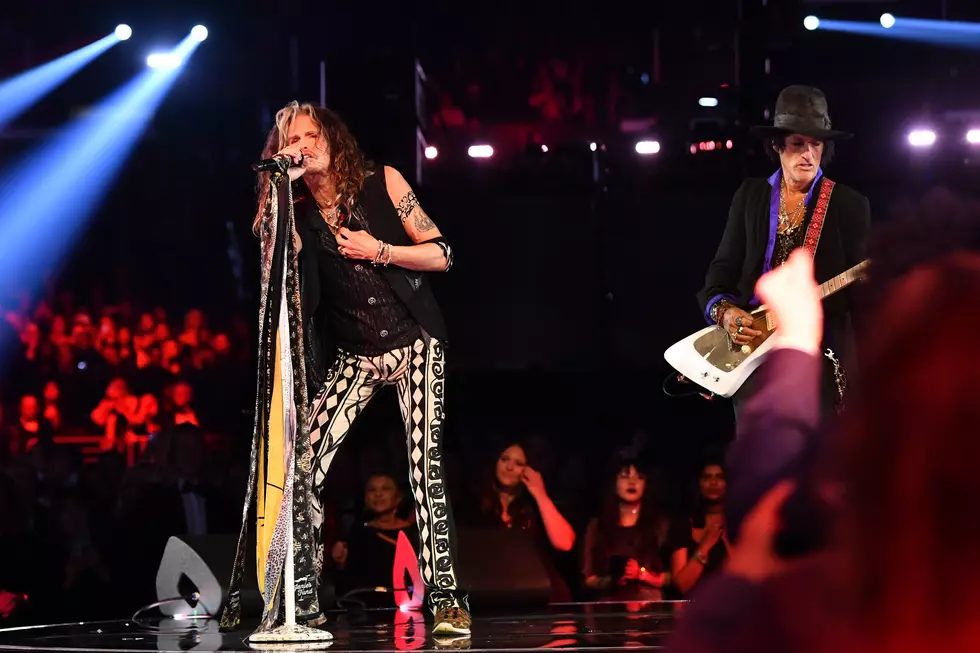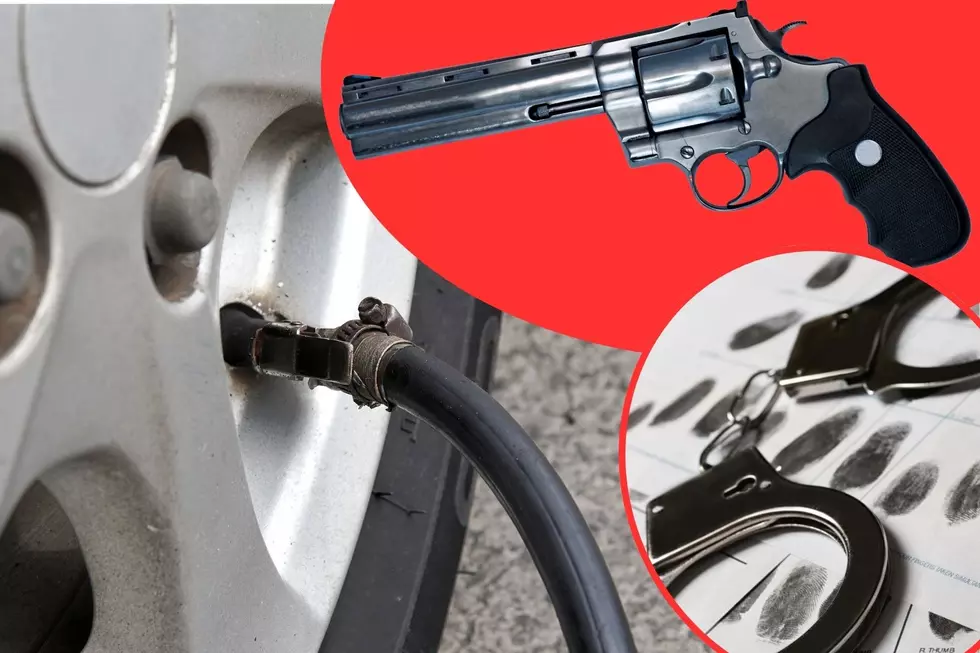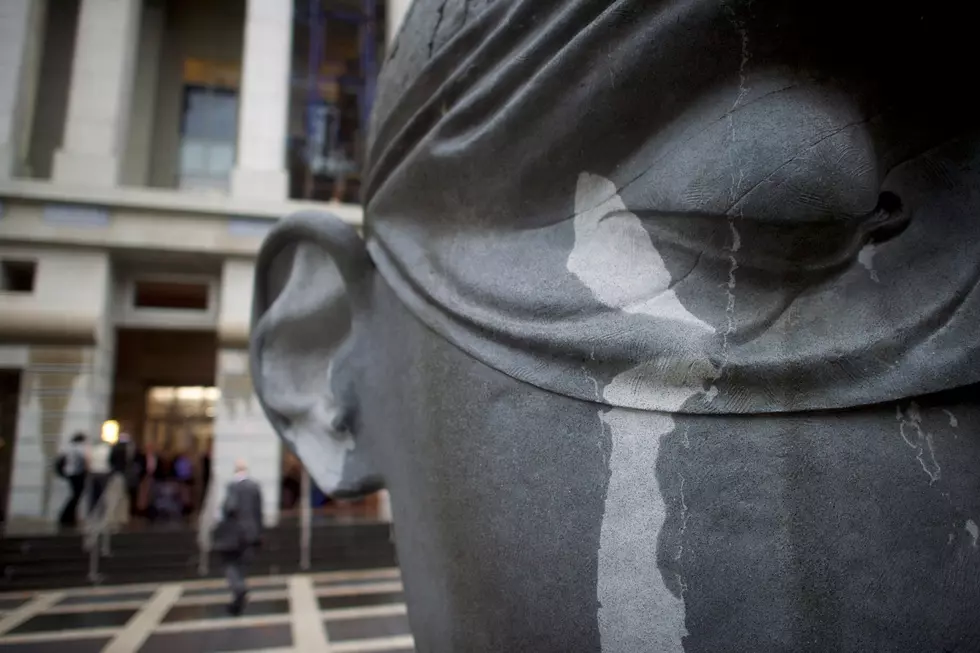
Newark homes can go back to using water filters safely, Murphy says
Newark residents should be able to safely use city-distributed filters on tap water once again, Gov. Phil Murphy and other officials said Monday.
During the middle of last month, testing in Newark found elevated levels of lead in drinking water that raised concerns about a large-scale problem. Thousands of Newark residents in the Pequannock water service area were given Pur water filters by the city to reduce lead levels.
But in initial testing of homes given the filters, samples taken from two of three homes still showed lead levels higher than the accepted 10 parts per billion — prompting further tests and a broad distribution of bottled water.
During a news conference in Newark on Monday, Murphy said the federal Environmental Protection Agency, the state Department of Environmental Protection and the city of Newark worked together, conducted more than 1,700 water sample tests in 300 homes.
“The preliminary overall results show that approximately 97% of water filers currently in place are effective the moment the tap is opened, and that number improves to approximately 99% when water flushes the service line for at least 5 minutes before use," Murphy said.
He said “these results are a welcome jolt of positive news that allows us collectively to charge ahead in implementing our short-, medium- and long-term solutions" to the lead contamination problems.
Murphy said as plans move forward to replace aging pipes that may be releasing lead into the water, “in the short term bottled water will continue to be available to residents in the impacted area.”
He said there will also be new funding for a community assistance program “to recruit, train and mobilize a volunteer force to install filers, educate residents, and as needed collect water samples.”
The DEP is providing $1 million to fund the program.
In the meantime, the city of Newark is adding orthophosphate to the water in affected areas. The chemical that has been shown to help prevent lead leeching from older service lines.
Newark officials are working to replace a total of 18,000 service lines across the city, with 900 lines already having been replaced.
The governor stressed “aging water infrastructure is not merely a Newark problem; it is a state and national problem.”
He added “knowing that the household filters are proving up to approximately 99% effective is both a measure of relief and of confidence on our plan of action," he said.
"This is not a victory lap," Newark Mayor Ras Baraka said. "It is good news in a long and arduous task to make sure we have good, clean drinking water."
After initial estimates that it would take up to 10 years to replace lead pipes in about 18,000 homes, Baraka announced last month the city would borrow $120 million to expedite the process to as quickly as 24 to 30 months.
A lawsuit in federal court claims Newark officials downplayed the problem and failed to adequately notify the public after it became clear the water treatment program was failing in early 2018. Baraka and others have denied the allegations.
You can contact reporter David Matthau at David.Matthau@townsquaremedia.com
(Includes material copyright 2018 The Associated Press. All rights reserved. This material may not be published, broadcast, rewritten or redistributed.)
More from New Jersey 101.5:
More From New Jersey 101.5 FM









